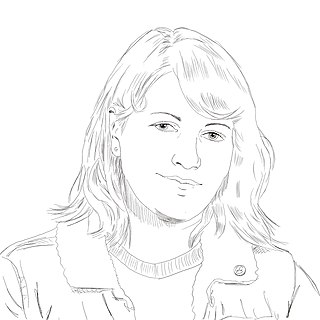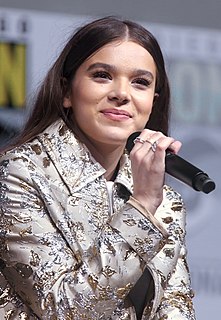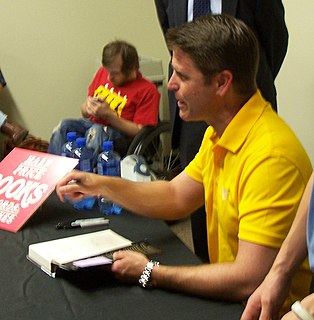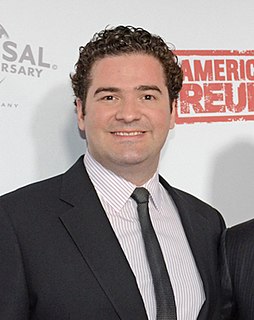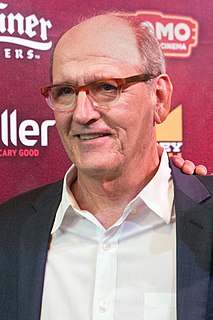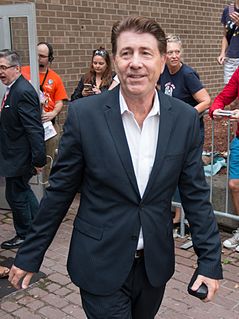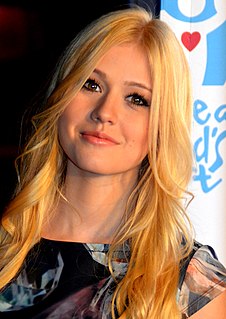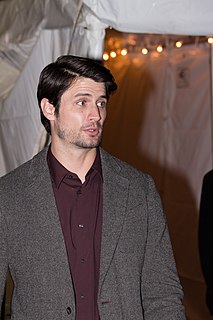A Quote by Kate Herron
The main thing I would say is: Lady Loki in the comics is a very different character to our character, obviously.
Related Quotes
I guess it's one thing to play a character and relate to a character, and it's a lot closer to me than people might think. They are obviously watching a person with another name. But when they are listening to my music, it's way more me and my story and my words . . . that is the main difference in that.
I couldn't possibly tell you. But I would say be very careful with your suppositions. People are so quick to jump. That's what I love about playing the character. People are so quick to draw conclusions about who he is. The whole thing about Loki is that he's dancing on this liminal line between redemption and destruction. Just be very careful about drawing conclusions based on what you see.
Does character develop over time? In novels, of course it does: otherwise there wouldn't be much of a story. But in life? I sometimes wonder. Our attitudes and opinions change, we develop new habits and eccentricities; but that's something different, more like decoration. Perhaps character resembles intelligence, except that character peaks a little later: between twenty and thirty, say. And after that, we're just stuck with what we've got. We're on our own. If so, that would explain a lot of lives, wouldn't it? And also - if this isn't too grand a word - our tragedy.
People say that you want to be varied in your career, and I've done so many things and am very appreciative. But, the one thing I've never done and wanted to do was to be a regular on a TV show, where you get 22 weeks of the year to develop and play a character. I've done arcs of five or eight episodes on shows, but I'd like to have a character that's rich enough and deep enough to want to explore and live with for a few years. Playing the same character, but doing different scenes seems very exciting to me.
I think it would be self-indulgent to go, "Oh, I'm going to make this character different by giving him a quirk of some kind." I don't think that serves the story, particularly. But even very similar scenes with a different set of actors, a different set of circumstances, it starts to evolve as a different character.
A woman can be demure, lady-like and the most prim and proper character, and still have a toughness and resiliency as apparent as a superhero-type female character or a warrior or soldier type. It's all about the story, the character, and the course of events in that piece of work and how that character is presented.
